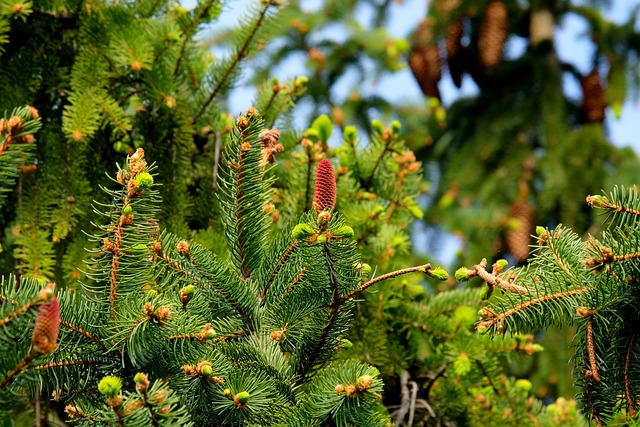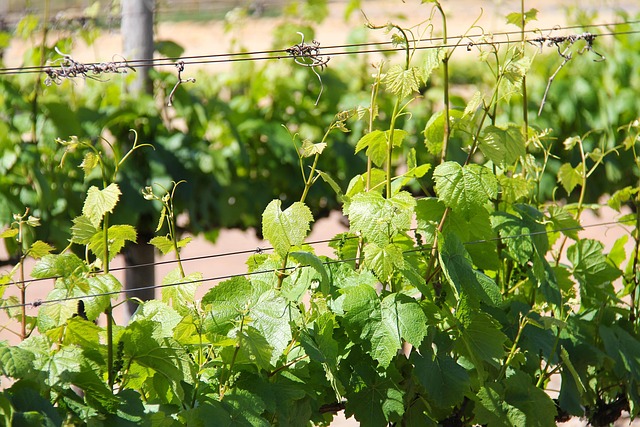As urban areas continue to expand, the importance of integrating eco-friendly urban development green strategies becomes critical for maintaining our fragile ecosystem. For garden enthusiasts, the challenge isn’t just about growing plants; it’s about ensuring that we cultivate our green spaces in harmony with nature. Here are five innovative strategies that promote sustainable urban gardening while contributing positively to the environment.
1. Vertical Gardens: In dense urban settings, space can be a limitation for gardening. Vertical gardens provide the perfect solution. These innovative structures utilize wall spaces to support plant growth, allowing gardeners to cultivate flowers, herbs, and vegetables in even the smallest of areas. Not only do vertical gardens add a splash of greenery to our concrete jungles, but they also improve air quality, reduce heat, and enhance the overall aesthetic of urban spaces.
2. Native Plant Landscaping: Embracing the use of native plants is a powerful eco-friendly urban development green strategy. Native plants are adapted to the local climate and soil, requiring less water and maintenance. By selecting indigenous species for your garden, you not only support local wildlife such as bees and butterflies but also create a sustainable ecosystem that bolsters biodiversity while reducing the carbon footprint of your gardening practices.
3. Rainwater Harvesting: The power of water management cannot be overlooked in urban gardening. Implementing rainwater harvesting systems allows you to collect and utilize rainwater for your plants, significantly reducing water waste. Setting up simple rain barrels or more extensive systems not only conserves a precious resource but also reduces stormwater runoff, preventing pollution in our city waterways.
4. Urban Community Gardens: Cultivating a sense of community is an essential component of eco-friendly urban development green strategies. Community gardens create opportunities for urban dwellers to connect with nature and each other. These shared green spaces foster collaboration, provide fresh produce, and educate participants about sustainable gardening practices, helping to nurture both social relationships and environmental stewardship.
5. Composting: One of the simplest yet most effective strategies for garden enthusiasts is composting. By recycling organic waste such as kitchen scraps and yard clippings, you not only reduce the amount of waste sent to landfills but also create nutrient-rich compost that enhances soil health. This closed-loop system not only supports your garden’s growth but aligns with eco-friendly principles by reducing methane emissions from landfills and promoting sustainable waste management practices.
Your urban gardening journey can significantly contribute to a greener and healthier environment. By implementing these eco-friendly urban development green strategies, you not only beautify your space but also take part in a larger movement towards sustainability and eco-conscious living. Choose to make a difference today and let your garden thrive as a testament to your commitment to the planet!




